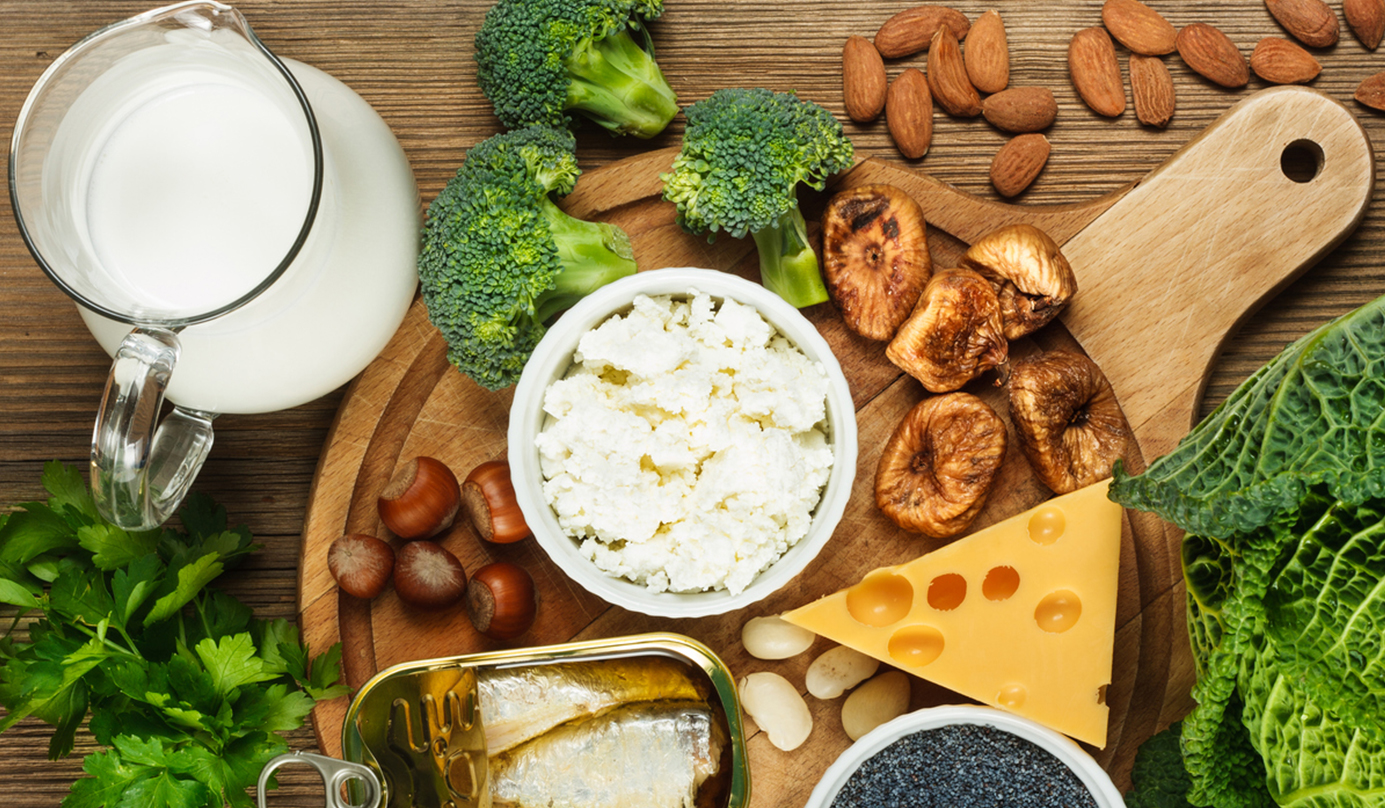A recent study published in The Lancet Global Health revealed that more than half of the global population is not getting enough of seven essential nutrients crucial for health, including calcium, iron, iodine, and vitamin E. More than 5 billion people face shortages of calcium, iodine, and vitamin E, while over 4 billion lack sufficient iron, riboflavin, folate, and vitamin C.
These nutrients play critical roles in bodily functions, including bone health, blood oxygen delivery, and cell growth. Inadequate intake can lead to serious health issues, limiting human potential globally. Here’s why these nutrients are vital and how to incorporate them into your daily diet:
1. Calcium
Why it’s important:
Calcium is essential for strong bones and teeth, muscle function, and nerve signaling.
Sources:
- Dairy products (milk, yogurt, cheese)
- Fortified soy, almond, or rice milk
- Dark leafy greens (spinach, kale)
- Tofu, sardines, and salmon
- Fortified orange juice
2. Folate
Why it’s important:
Folate aids in red blood cell formation and proper cell growth, especially important during pregnancy.
Sources:
- Dark green vegetables (broccoli, spinach)
- Legumes (beans, peas, lentils)
- Enriched grains (bread, pasta, rice, cereal)
3. Iodine
Why it’s important:
Iodine supports thyroid function and contributes to bone and brain development.
Sources:
- Fish (cod, tuna), seaweed
- Dairy products, eggs
- Iodized salt
4. Iron
Why it’s important:
Iron is crucial for oxygen transport throughout the body and supports growth and development.
Sources:
- Red meat, poultry, and seafood (especially oysters, sardines)
- Fortified cereals
- Dark leafy greens (spinach, kale)
- Legumes (lentils, beans)
5. Magnesium
Why it’s important:
Magnesium helps regulate muscle and nerve function, blood sugar, and blood pressure, while contributing to the production of protein and DNA.
Sources:
- Legumes (beans, lentils)
- Nuts (almonds, cashews)
- Whole grains (brown rice, quinoa)
- Dark leafy greens (spinach, kale)
6. Niacin
Why it’s important:
Niacin aids in maintaining a healthy nervous system and digestive function.
Sources:
- Poultry (chicken, turkey), beef
- Fish (salmon, tuna)
- Brown rice, nuts (pumpkin seeds), and fortified cereals
7. Riboflavin
Why it’s important:
Riboflavin supports the metabolism of food into energy and maintains healthy skin and hair.
Sources:
- Eggs, dairy products (milk, yogurt)
- Meats, whole grains
- Green vegetables (spinach, broccoli)
Why These Nutrients Matter
The study’s findings highlight the alarming gap in global nutrition. Ty Beal, one of the study’s co-authors, expressed concern that inadequate intake of these essential micronutrients compromises health outcomes across all regions and income levels. Micronutrients are key to cellular function, immunity, and metabolism, yet many diets lack sufficient fruits, vegetables, whole grains, and other nutrient-rich foods.
How to Improve Nutrient Intake
Following a diet rich in whole foods, especially fruits, vegetables, nuts, seeds, and grains, can help you meet your nutritional needs. The American Heart Association encourages people to “eat the rainbow” — consume a variety of colorful fruits and vegetables daily to maximize your intake of these essential nutrients.















